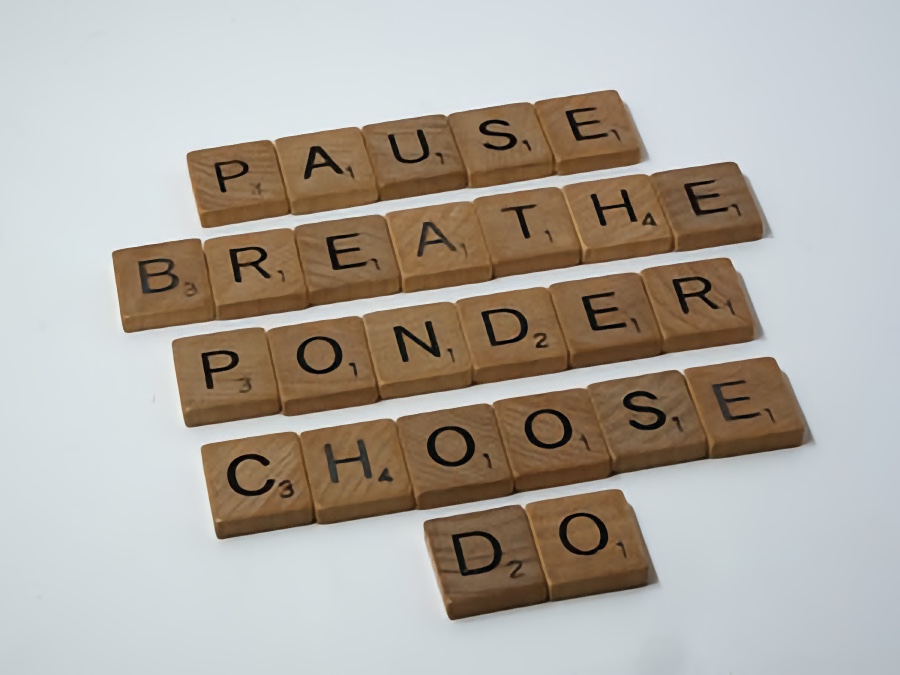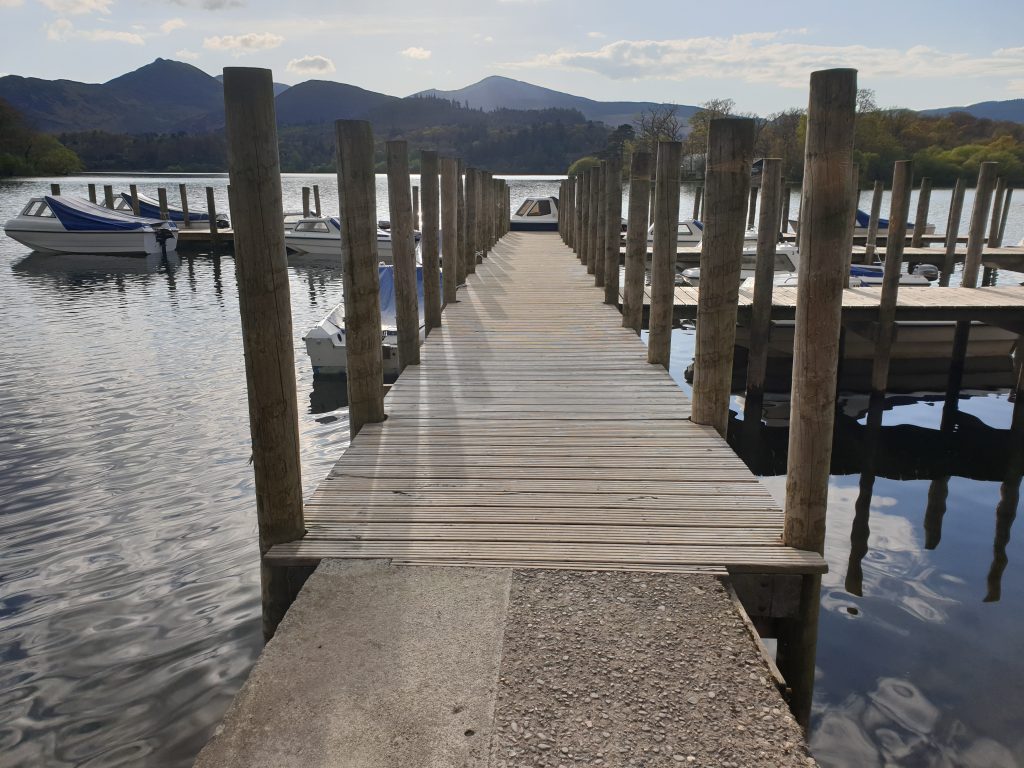So how do you go about actually finding a counsellor?

You’ve reached the decision that yes, you’d like to find a counsellor so what next?
The first thing to say is that there is a huge choice out there but don’t panic, I’m going to explain the the different options.
Your first step might be your GP or the NHS.
Counselling is available on the NHS and you can either ask your GP to refer you for talking therapies, or (depending where you live) you may have a local talking therapy service that you can refer yourself to. There are often significant waiting lists for counselling through the NHS and you may initially be referred to online/phone/group support.
Charities
Many charities provide counselling as part (or all) or what they do. National organisations such as Mind or Rethink offer free or low cost therapy and this will vary from area to area, so do check your local branch. You can also do a search online for ‘low cost counselling’ or ‘free counselling’ plus your location as there are many small local charities that offer this. Additionally, specialist services such as addiction charities, cancer charities, Women’s Aid, Victim Support and Rape Crisis may offer counselling. There are likely to be waiting lists for many of these options.
Through work, college or university
Many schools, colleges and universities have their own counselling services.
Similarly, a lot of employers have what you may know as Employee Assistance Programmes or Healthcare plans which entitle you to counselling. These are likely to offer a limited amount of sessions, but would be free.
Private therapists
So this is where your choices really widen out as there are thousands of counsellors to pick from!
Here are my top tips for picking a therapist:
- Very important – when you do find a counsellor, check that they belong to a nationally recognised membership body such as the British Association of Counselling and Psychotherapy, National Counselling Society, The Black, African and Asian Therapy Network, Pink Therapy or UKCP.
- If you have some knowledge or experience of types of counselling, then the types of counsellor out there might make some sense to you. You may have heard of person-centred counselling for example, or psychodynamic counselling and have a preference for one or other of the many types out there. And if you’re not sure what any of them mean, some of the key ones are explained here.
- You can of course do a simple online search for counsellors in your area, by location or by issue eg. counsellor for anxiety. There are also directories which enable you to search and the most common of these are BACP, Counselling Directory or Psychology Today.
So how do you pick one?
Let’s assume you’ve gone through the steps above and are only now looking at counsellors who are appropriately trained, qualified and are members of professional bodies.
You could obviously spend hours and hours researching and reading the profiles of all the counsellors who come up in your search but I’m going to suggest something more radical here:
Trust. Your. Gut.

Whether it’s the picture of them that makes you think “yes!”, or the way in which they’ve written about what they do, or the colours they’ve used on their website – if something is ‘clicking’ for you then I’d say that’s a solid indicator that this could work.
Read the blurb, check out their training and experience is appropriate for what you’re looking for and then give them a call. You’re only really going to know once you speak to them.
Check out my ‘first date’ article for why it’s important to have an introductory call or meeting with them and what to look for and expect next.

Leave a Reply